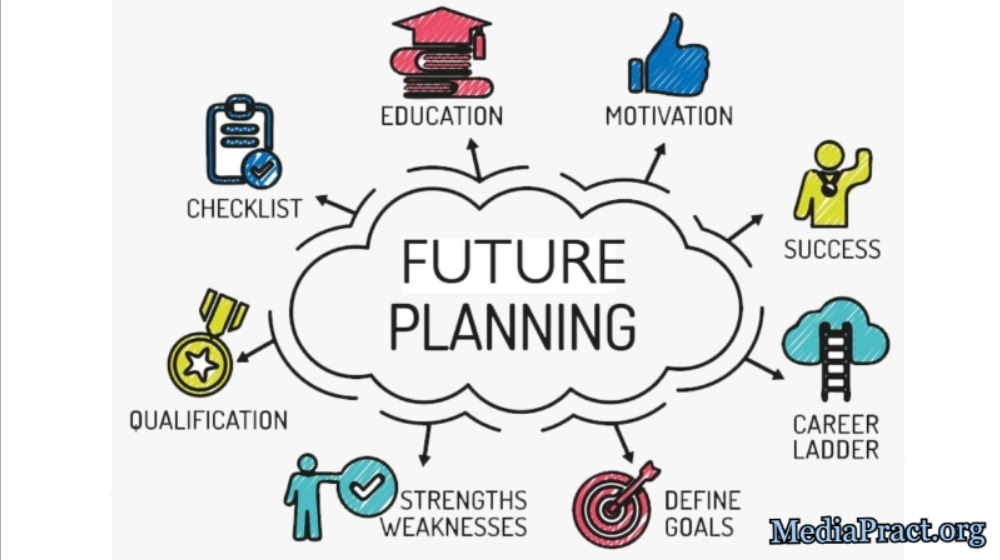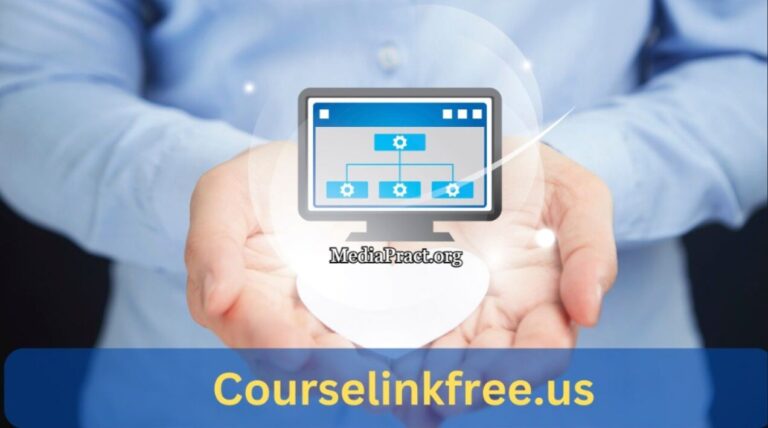As young adults approach the end of their high school journey, the options for their future can seem both exciting and overwhelming. It’s a time when decisions can significantly influence the trajectory of one’s career and personal growth.
Thoughtful planning and information gathering is crucial to navigate this transformative period with confidence and clarity. Keep reading to uncover the key strategies to prepare for life after high school.
Understanding the Importance of Post-High School Planning
Graduation marks the beginning of a new journey, and post-high school planning is key to making a smooth transition into adulthood. Setting clear goals and timelines helps students stay focused,
whether they choose higher education or enter the workforce. Planning ahead also prepares them for financial responsibilities, time management, and the ever-changing job market.
With industries evolving rapidly, students must develop adaptable skills and explore options like scholarships for high school students to ease financial burdens.
Self-reflection is equally important, ensuring their career choices align with personal values and long-term satisfaction. Taking time to plan now can lead to a more fulfilling future.
Financial Planning for Post-Secondary Education
Financial planning is crucial for students and their families, as it helps reduce the burden of tuition fees, books, and living costs. Students often turn to loans, grants, and scholarships to fund their education, but it’s essential to explore all available options and apply for financial aid well in advance.
Budgeting is a valuable skill for managing finances responsibly and preventing overspending. Part-time students can also manage their finances while reducing reliance on student loans.
It’s important to consider the return on investment for any educational pursuits, as some career paths may not require a four-year degree. A thorough understanding of financial implications leads to sound decisions regarding higher education.
Exploring Career Interests and Educational Pathways
Identifying a career path that aligns with personal interests and strengths is crucial for post-high school planning. Students can begin with assessments to discover their natural aptitudes, followed by researching job markets and growth opportunities.
For those interested in early childhood development, an associates degree in early childhood education can provide a strong foundation.
While higher education is a common choice, alternatives like technical schools, online courses, or community colleges can also be valuable for career growth. It’s important to stay flexible, as interests and opportunities may evolve.
Researching different pathways and consulting with professionals can help students make the best decision for their future goals.
The Value of Internships, Apprenticeships, and Volunteering
Experiential learning opportunities like internships, apprenticeships, and volunteering are crucial for post-high school planning. These experiences allow students to apply theoretical knowledge in practical settings,
leading to full-time employment after graduation. Apprenticeships provide a blend of on-the-job training and classroom instruction, equipping students with specialized skills valued by employers. Volunteering offers meaningful work experience and community service commitment.
These opportunities not only enhance resumes but also help build professional networks, serving as references or mentors. Networking is an influential factor in career advancement and should be considered in early career planning. Engaging in these activities helps solidify career choices and shape a student’s understanding of their chosen field.
Leveraging Guidance Resources and Mentorship Opportunities
High schools, community organizations, and online platforms offer guidance resources to help students make informed post-graduation decisions. Guidance counselors provide personalized advice based on a student’s academic performance,
strengths, and preferences. Mentorship programs offer insight, feedback, and encouragement, helping students navigate industry complexities and find hidden opportunities.
Workshops, seminars, and college fairs provide direct communication with representatives from various fields and educational institutions. These resources should be integrated into a student’s preparatory activities, allowing them to craft a detailed and realistic post-high school plan that is feasible and aligned with their long-term objectives.
By actively seeking out information and assistance, students can make choices that are both feasible and aligned with their long-term objectives.
Altogether, the journey beyond high school is one that requires careful consideration and preparation. Students who take the time to understand their interests, plan financially,
gain real-world experience, and leverage guidance are more likely to find success and satisfaction in their post-graduate endeavors. These strategies provide a framework for students to confidently step into the future, armed with knowledge and a plan of action.























+ There are no comments
Add yours